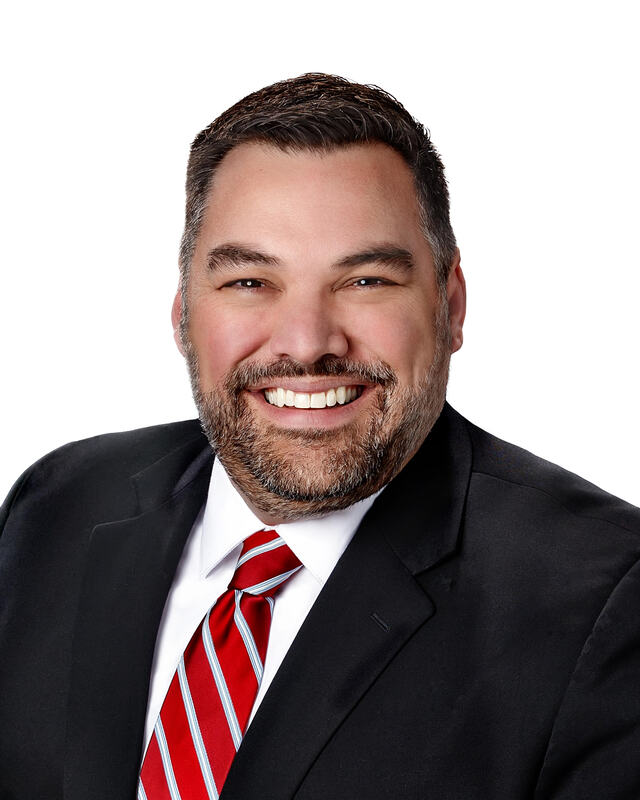Originally aired: May 22, 2023
Free for MOPA Members, Students and Interns
Non-Members seeking CE Credit - $85
Please note: this webinar will be conducted via Zoom. By registering for this webinar, you are agreeing to Zoom's privacy policy.
ABOUT THE WEBINAR:
Our ethical, legal, and regulatory environment is constantly changing. Recognition of our ethical obligations in our day-to-day work and the development of practical risk management skills is a ongoing challenge in managing a successful practice. Our presenter, Dr. Gabriel Cline, will address common ethical concerns and regulatory pitfalls in which many psychologists inadvertently find themselves. He will discuss identifying and avoiding these problems and best practices to correct situations once a provider realizes the need to do so. Although a current member of the Missouri State Committee of Psychologists, Dr. Cline is not representing the committee in this presentation. This workshop meets SCOP’s three-hour CE requirement in ethics.
Learning objectives:
Our ethical, legal, and regulatory environment is constantly changing. Recognition of our ethical obligations in our day-to-day work and the development of practical risk management skills is a ongoing challenge in managing a successful practice. Our presenter, Dr. Gabriel Cline, will address common ethical concerns and regulatory pitfalls in which many psychologists inadvertently find themselves. He will discuss identifying and avoiding these problems and best practices to correct situations once a provider realizes the need to do so. Although a current member of the Missouri State Committee of Psychologists, Dr. Cline is not representing the committee in this presentation. This workshop meets SCOP’s three-hour CE requirement in ethics.
Learning objectives:
- Identify 3-4 common red flags to help avoid problems in how psychologists represent themselves to the public.
- Be able to name three strategies to avoid or reduce common licensure board complaints.
- Learn three simple techniques to help preemptively avoid common ethical and regulatory errors that could increase liability problems.




